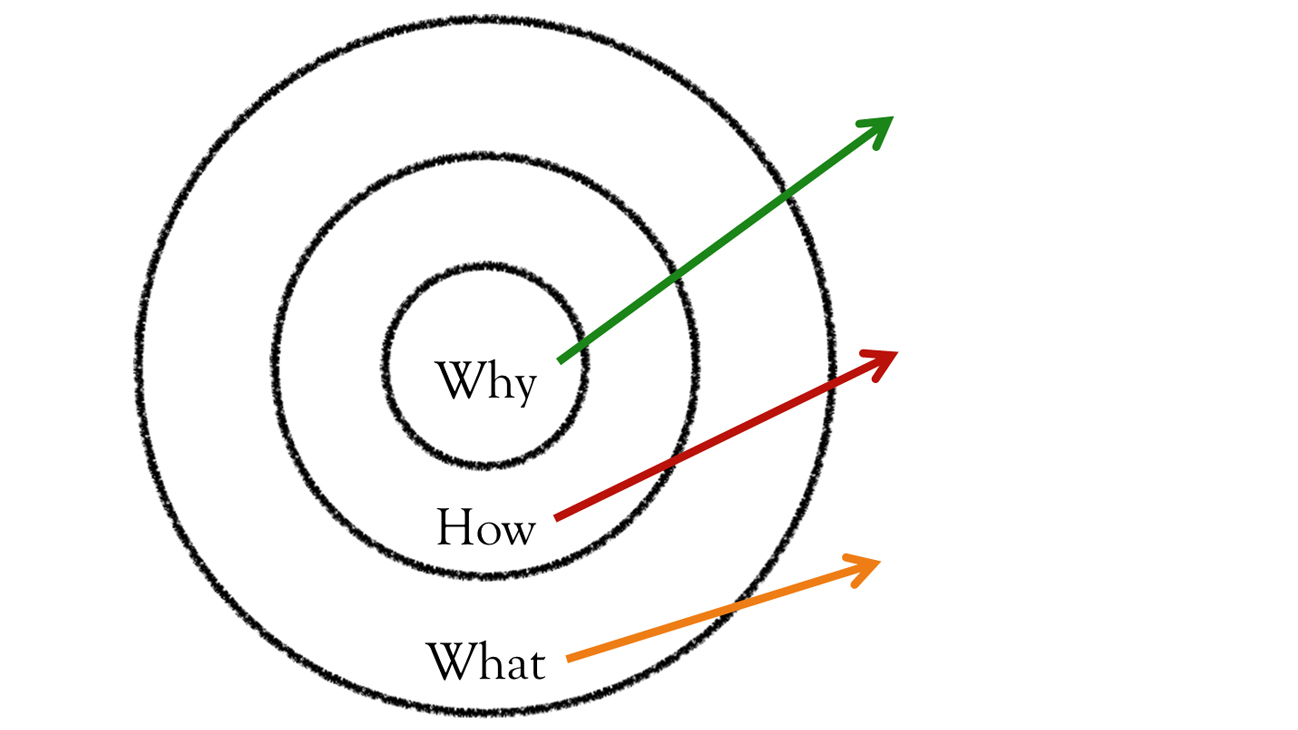Dan Pontefract, head of learning and collaboration at TELUS, explains the motivation behind writing his recent book, Flat Army: Creating a Connected and Engaged Organization:
During some recent traveling, I used it as an opportunity to re-read Simon Sinek’s book, Start With Why: How Great Leaders Inspire Others To Take Action. The fact it was first published in 2009 still gives me goose bumps. Simon was–and continues to be–ahead of his time. If you haven’t done so already, watch his TEDxPuget Sound talk to get a condensed 18-minute version of his fantastic theory centered on what he calls “The Golden Circle.” Aside from my man-crush on Simon and being highly influenced by his book, I was struck by the simplicity in his overarching point: “People don’t buy WHAT you do, they buy WHY you do it.”
In my personal situation, the WHAT is clearly my Flat Army book itself–but the WHY is something I care deeply about.
The WHY of Flat Army is simple … I’m fed up with the current state of leadership.
I’m fed up with current levels of disengagement in the organization. I’m fed up with pervasive levels of command and control in the organization. I’m fed up that although zillions of books have been written about “leadership” over the past 30 years, we have witnessed no discernible difference or improvement in employee engagement. I’m fed up that leaders have not truly recognized that having an engaged employee can result in improved levels of productivity, customer satisfaction, and yes…business results, such as revenue or profit or shareholder return growth.
Put slightly more succinctly, the WHY of Flat Army is to improve levels of organizational and employee engagement and to make leaders and organizations more collaborative, so that work gets done in a more harmonious, meaningful, and productive manner for everyone.
My WHY is my passion for people. Whether employee, leaders, or anyone in between, I believe the organization needs to become a mecca of togetherness.
My WHY is my wish for employee engagement to actually become the state in which there is reciprocal trust between the employee and leadership to do what’s right however, whenever, and with whomever.


